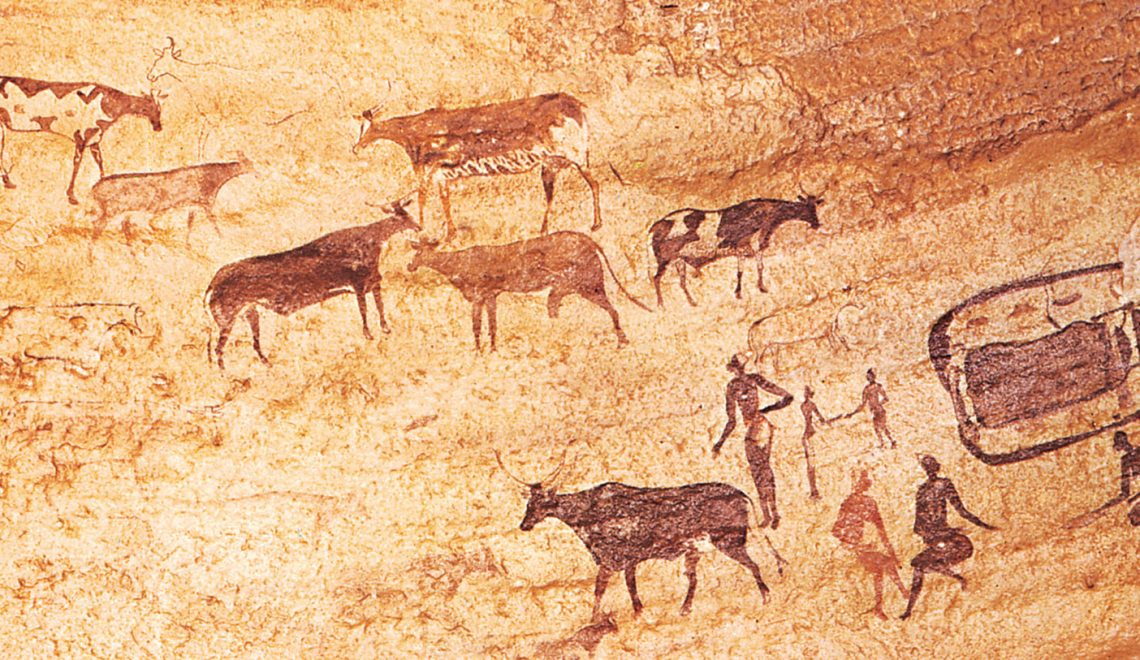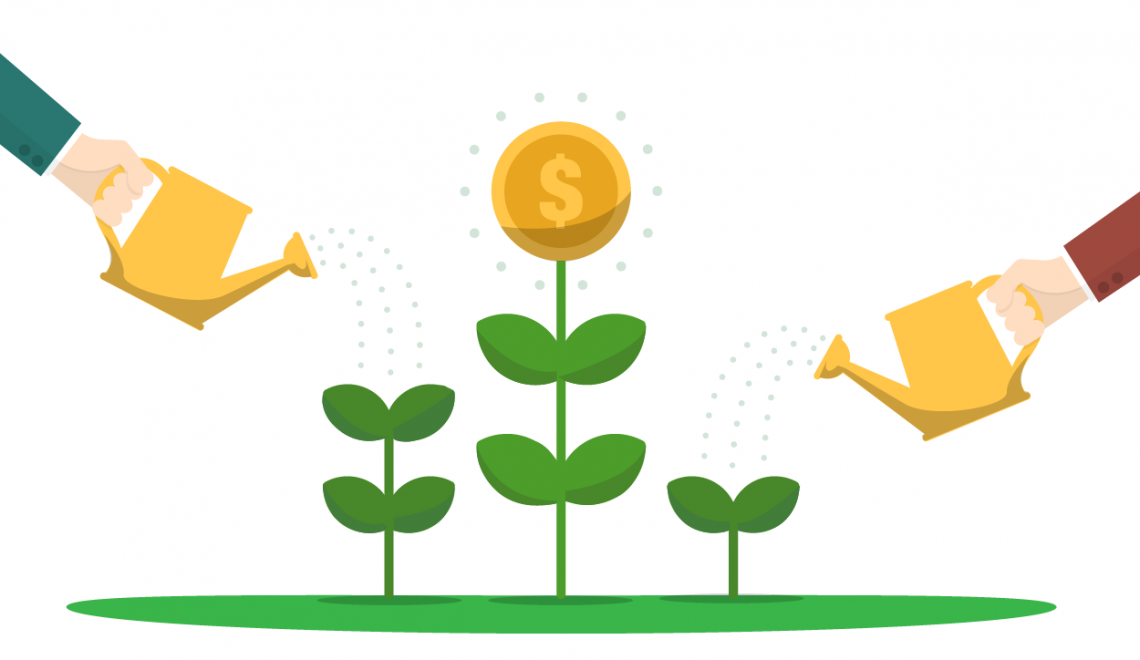
This week, the Uganda Coffee Development Authority reported that Uganda had bagged US $ 58.56 million from the export of 618,388 60 kg coffee bags during June 2021. This was the highest in a single month since 1991! The report further noted that for the 12 months ending June 2021, we had exported about 6.07 million bags (worth US $ 559.26 million), compared to 5.1 million bags (worth US $496.28 million) exported in 2019/20.
Obviously, we are starting to get something right here. The report made me hark back to when some concerned citizens led by Hajji Kaddu Kiberu engaged General Salim Saleh’s Operation Wealth Creation. Here is a summary of what we said in March 2016 in a paper we titled “Charting a SMART Future for Our Nation”.
Everyday 35 million Ugandans wake up hoping for a better day and future, out of which, about 51% are dependents, meaning that they are either below 15 or above 65 and look up to a family system to provide support. Furthermore, over 82% of Ugandans are employed in Agriculture, which contributes only 23.1% of our GDP. With a per capita income of US $ 720 per person, this means that those who live at the margin are still not getting enough to make their lives better and to give them a brighter future. How can the National Resistance Government address this development dilemma?
The Government of Uganda has its task cut out in the next five years – to chart a smarter future for its people. How can government harness this population dividend, by making all our people more productive and gainfully employed? We need to work to increase output and create a value addition chain that reflects the realities of the economy. Development begins with premeditated and focused actions that touch the lives of people and are grounded in their reality. In the next five years, we should resolve to pursue an agenda to take Ugandan’s out of poverty. Here are five ideas that OWC can work with.
Twenty million bags by 2020: OWC is already working with partners to intensify efforts to replant, replace, and open up new coffee gardens to resuscitate the coffee industry. In 1972, Uganda was the second largest producer of coffee, producing up to 4.2 million bags, just behind Brazil, but far ahead of Vietnam. In 2015 Vietnam produced 27.5m bags of coffee through concerted and persistent efforts. Given Uganda’s natural endowments, this feat is manageable and has the potential to earn Uganda up to US $2.6bn just from coffee exports alone! But there are serious impediments. These can be overcome by increasing productivity per acre, especially through a more intensive crop husbandry program.
Self-sufficiency in planting material: we can resolve the constraints related to seed and other planting materials for farmers. The debate about genetically modified food is a dangerous debate if we must understand that food is a weapon in our emancipation and independence. We need to be sustainably self-reliant and efficient in food and seed replication. To this end, nine drought and disease resistant crop varieties have been developed. These include i) coffee that is resistant to coffee wilt disease (CWD) and coffee leaf rust, ii) cassava resistant to cassava mosaic virus (CMV) and cassava brown streak disease, iii) maize that is high yielding, disease resistant, and drought tolerant, iv) upland and paddy rice that are drought tolerant, salinity tolerant and resistant to most major diseases, v) fodder grass for improvement of livestock feeding and nutrition, vi) banana resistant to banana bacterial wilt (BBW), vii) citrus, viii) mangoes and ix) beans. Other agricultural crops/products to focus on will include Cotton, Tea, Maize, Fish, Beef, and Milk
Our challenge is mass production and multiplication of high quality seed, planting and breeding materials. The commercialization of these crops will increase productivity and reduce import dependence. In addition, Government’s water for agricultural production (irrigation, water for livestock, aquaculture-fish ponds/caging) program will tremendously boost agricultural production and self-reliance.
Samuel Sejjaaka is Country Team Leader at Mat Abacus Business School. Twitter @samuelsejjaaka



